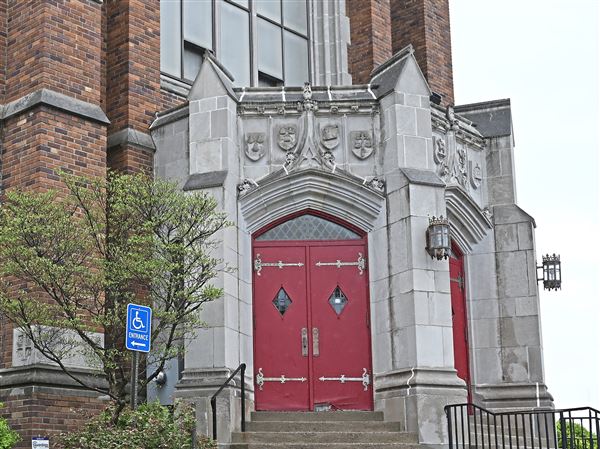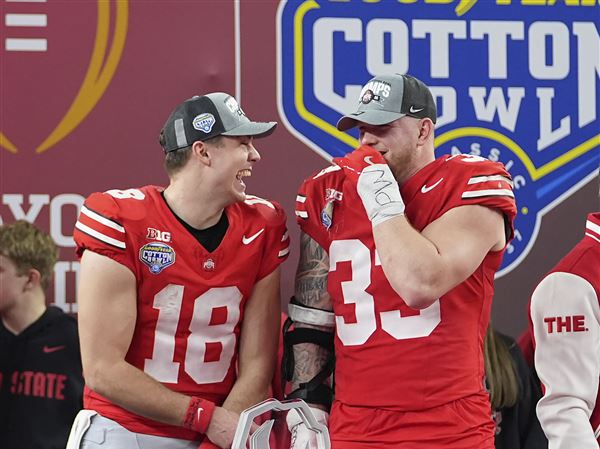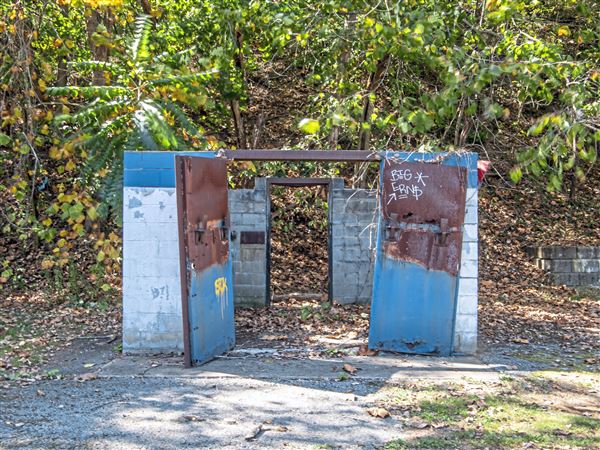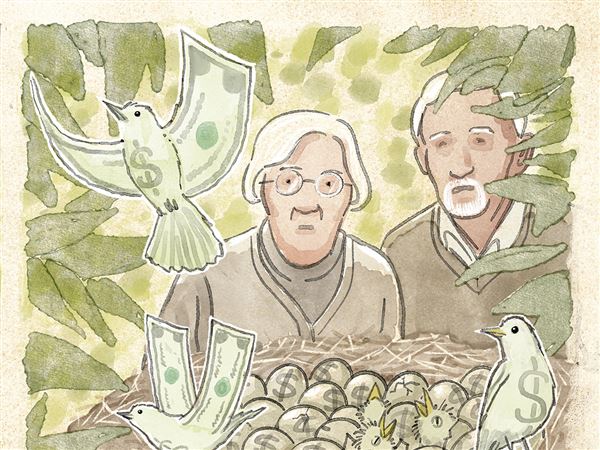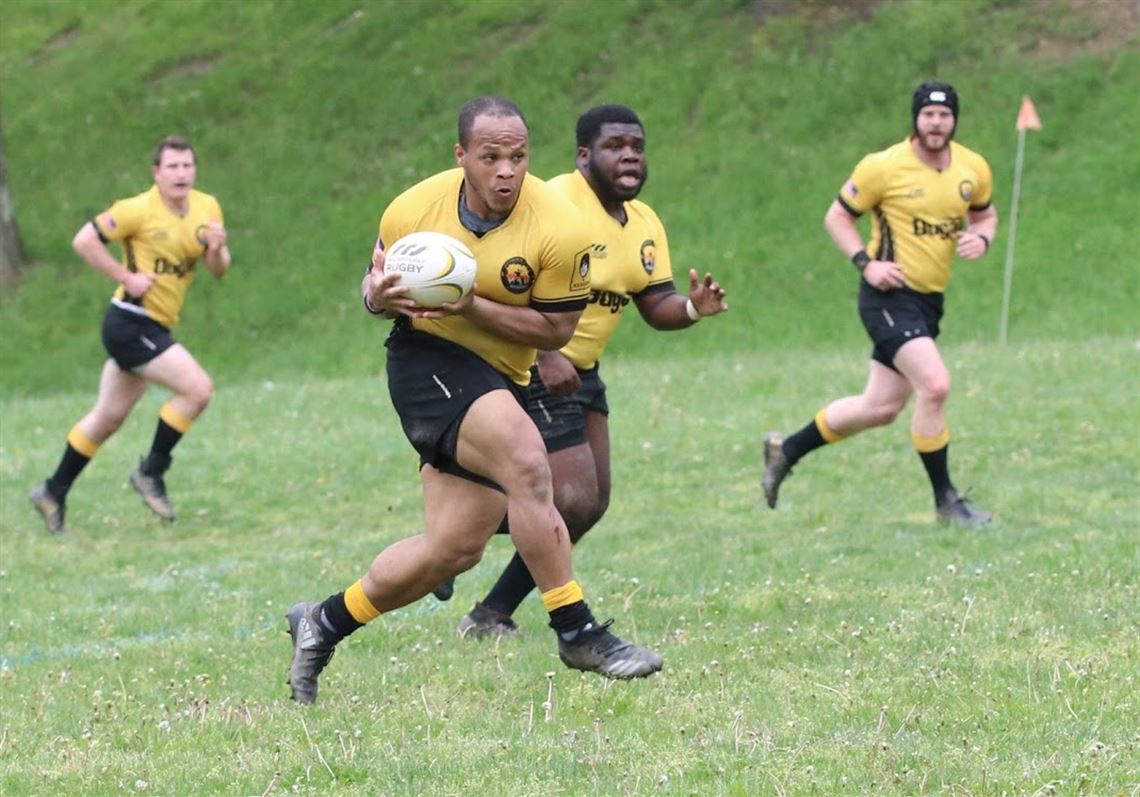When you enter Rugger’s Pub on the South Side, it’s immediately different than any other bar in the city. Rugby glares across televisions that circle the bar area — even when the Pirates are playing — and pictures of the sport adorn its walls. Outside, a neon yellow sign shines the image of a cartoonish rugby player down 22nd Street as he evades a tackle with a victorious raised fist.
On a Thursday night last month, the scene was even more striking, as the bar filled with both rugby and ultimate Frisbee players — two of the city’s marginalized sports — late into the night. Now, this is Rugger’s ethos. On this night, the ultimate Frisbee players joined in, but as the home pub of the Pittsburgh Forge Rugby Club, it bustles with rugby players seven nights a week.
But it hasn’t always been this way.
Just over a year ago, Pittsburgh was home to four rugby clubs, competing for what limited stature is offered to the sport in this country. When success on the field came for any of the clubs, financial stability and membership numbers often painted a darker picture and vice versa. Sensing the perilous state of the sport in the city, the two biggest clubs — Pittsburgh Rugby Club and the Pittsburgh Highlanders — hatched a plan to sacrifice decades of individual history and merge to form the Forge, which now competes in Division 2 of the Midwest Competitive Region on both the men’s and women’s sides.
“The thought was Pittsburgh’s not that big of a city that it has enough athletic talent — particularly athletic talent playing rugby,” said Bill Marnell, the Forge’s president and CEO. “We don’t have enough people to spread that talent out across four teams. So we were like, ‘Hey listen, we want everybody sort of underneath one umbrella so that the best players can be playing for the top sides so that we have a chance of actually winning and competing for Pittsburgh.’”
But for the merger to prove successful, it needed buy-in, a hurdle for any merger. The majority of the opposition came from alumni on both sides who worried their club’s individual history might be forgotten. A year on, the tension is impossible to spot.
“There are some dudes out there with Highlander tattoos and with Pittsburgh Rugby Club tattoos and they are still very proud of what they put into it,” said Alex Gordon, a Forge player and manager at Rugger’s. “And I’m proud of what I did for Pittsburgh Rugby Club. But it’s over now and it’s the Pittsburgh Forge.”
Everyone at Rugger’s will extol the sport’s impact on their life, but Gordon’s connection to rugby in the city runs deeper than most. Just two years ago, months before the merger began, he lost his job and house. That week, he was drinking with teammates when one offered him a job at the pub and a guest room upstairs.
Two years later, he still works at Rugger’s, teaching the sport to new bar-goers every day.
“I will sing the praises of rugby til the day I die, because my life would be awful without it,” Gordon said. “Every friend I have is because of Rugger’s Pub or because of playing rugby.”
This is the community that the pub helps foster — a community that goes far beyond rugby. In 2000, members of the Pittsburgh Rugby Club took a tour of Europe to see how rugby clubs there operated. Inspired by those clubs, Eddie Short, a player at the time, lobbied for the club to build its own bar.
And when he passed away in a motorcycle accident that summer, the members pooled together to erect Rugger’s Pub in his honor. Today, those original founders are the hands-off owners of 51% of the pub, while the Forge owns the remaining 49% and uses it to help finance operations.
“It’s unique,” Gordon said, sitting out on a back patio of Rugger’s as music spilled out of the building. “To rugby players, we’re spoiled. As long as I’ve been playing rugby in Pittsburgh, we’ve had Rugger’s Pub. Guys that have been playing for 40 years have never had a team that owns the bar.”
But with the merger, the Forge’s goals have begun to grow outward, to expanding rugby’s footprint in the city. Nearly every player has involvement beyond their playing duties, from running youth camps to helping organize Rugby Sevens tournaments in the city.
The ultimate goal is to create a system of youth teams so kids start playing from age 5 or 6 rather than stumbling upon the sport in college. For now, it’s just to put rugby on those kids’ radars.
“This is what makes rugby different from other sports,” Marnell said. “Because it’s a growing sport, because a lot of people don’t know about it, you have to be an ambassador of the sport. So you just can’t be a player.”
For Steve Walsh, this is all new territory. Having played professionally in his native Australia and gone on to coach in rugby hotbeds of England and France, he knows what the sport looks like at its highest level. His primary job with the Forge is to coach the Division 2 men’s side (the Forge also has a Division 3 men’s side), but he, too, is involved with the club’s youth rugby initiatives.
Before the merger, though, he had stepped away from the sport to his day job as an adult educator and was on the verge of putting rugby aside for good. Now, he’s back and trying to convince the rest of the city to come along for the ride.
“It’s gotten me re-excited about the game,” Walsh said. “I think all the players are excited, the veterans and the younger people that are coming in. It is truly exciting.”
First Published: July 17, 2019, 11:15 a.m.


